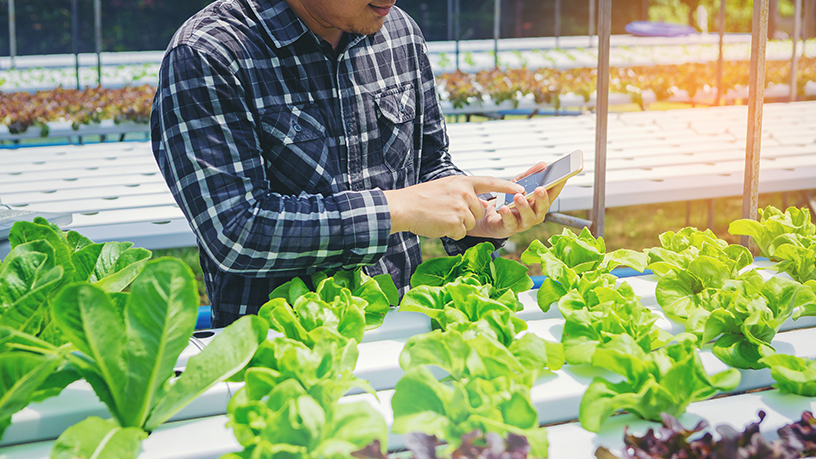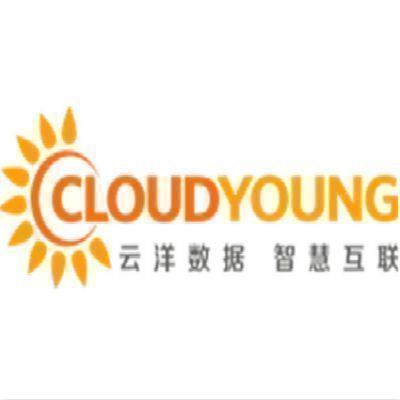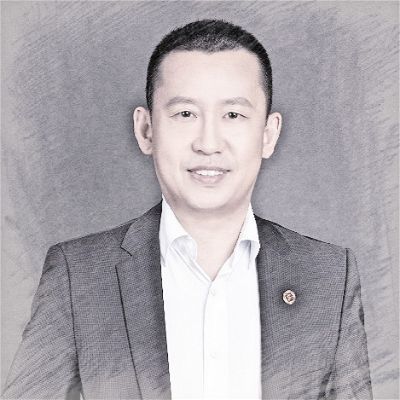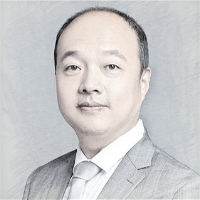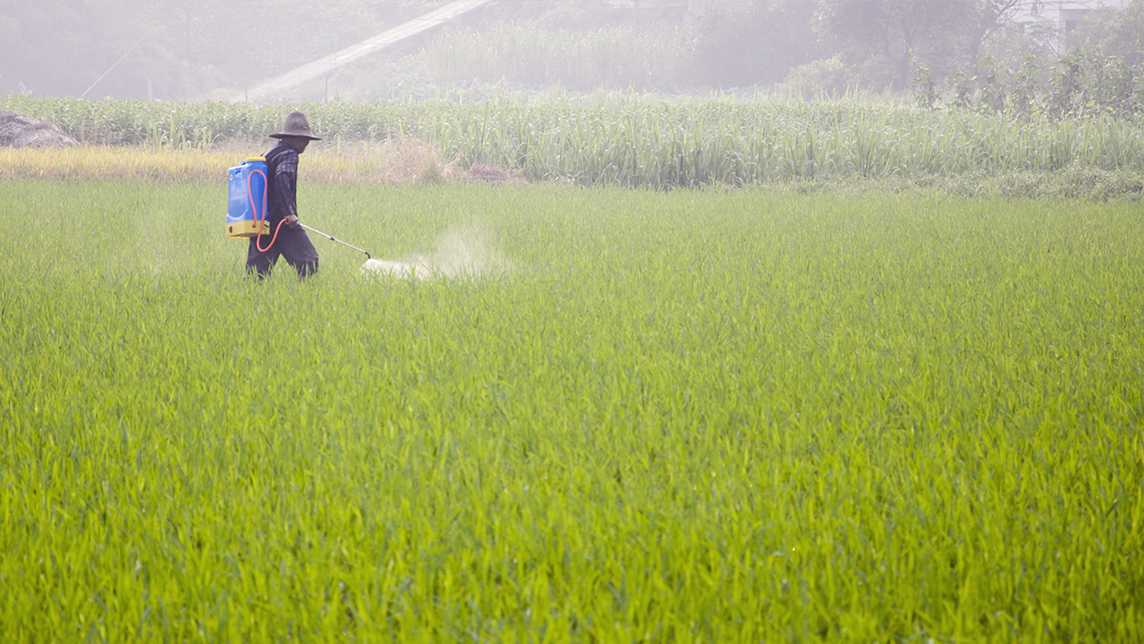China may be the world's largest agricultural nation, but growing food there is still incredibly expensive. Compared with the US, the production cost for key agricultural products is 56–220% higher per unit. With the advent of IoT technologies, smart sensors, apps and data clouds developed by Chinese agritech startups like CloudYoung will soon transform China's traditional smallholder farms into smart micro-farms.
Founded in 2013 by an ex-Huawei engineer, CloudYoung's mission is to design intelligent equipment for farmers. Launched in 2016, its AgriSmart is an integrated “whole-chain” agricultural management system that also connects crop producers directly to buyers.
“For the production process, the IoT-based smart devices are used to manage the greenhouse. Then all the vegetables are directly channeled to agricultural traders and consumers via the e-commerce platform of CloudYoung,” said CEO and founder Zhao Hongqi.
CloudYoung is different from other agritech startups that specialize in one aspect of farming, such as crop care, farm management, financial services, e-commerce or logistics. AgriSmart covers the whole agricultural process, providing automated greenhouse management, output data and sales updates.
The company's strategic agreements with chip suppliers like Huawei HiSilicon and Honeywell have also reduced its hardware costs by one-third. An AgriSmart system covering an area of 0.06ha costs RMB 10,000. It can be used for five years, thus costing just RMB 2,000 a year.
Smart greenhouses boost output
It all started when Zhao visited an old school friend in April 2010. The telecoms engineer accompanied the schoolmate and his father to their greenhouse to observe the ventilation process to ensure both sides of the greenhouse have the same temperature and humidity. He noted the hard work of two people manually rolling the heavy curtains covering the greenhouse full of cherry plants.
Zhao was working as an IoT product manager at Huawei then, but decided to spend the next two years developing a prototype of an intelligent curtain rolling machine. He left Huawei in late 2012 and founded CloudYoung in December 2013 to develop intelligent equipment for Chinese farmers.
AgriSmart was created to enable farmers to manage crop growth more precisely and conveniently by automating greenhouse chores controlled by a mini-app embedded in the popular messaging app WeChat. Users can simply click the mini-app features to manipulate electronic devices such as greenhouse curtain rolling machines and ventilators. They can also fine-tune environmental parameters like temperature, humidity and carbon dioxide concentration to create the best conditions to optimize crops growth and outputs.
Take watering management, for example. Traditionally, farmers need to dig out some soil blocks to judge how much water the crops need based on their previous farming experiences. Using AgriSmart, they only need to use their smartphones to read the soil temperature and humidity sensors installed in the greenhouses to get the real-time data updates.
After harvesting, AgriSmart also tracks the produce in other parts of the production chain, from logistics to transaction.
CloudYoung has also conducted research in Shandong province, China's “vegetable capital.” Data from pilot projects, located in smart greenhouses built by CloudYoung in Shouguang in north-central Shandong, showed that use of the technology reduced consumption of agricultural supplies such as fertilizers and pesticides by 30%. Labor costs were also cut by 40% and income rose by 15–20%.
Huawei partnership
AgriSmart is also used in seven other provinces, including Hebei and Inner Mongolia, covering 2,500 mu, or 166.7ha, of greenhouse space. This expansion of services is welcomed by farmers – a sharp contrast to the initial “cold shoulder” given to Zhao when he first approached local agricultural authorities in Shouguang.
Due to their previous bad experiences with other companies, the officials thought that CloudYoung's AgriSmart system was a fake, purporting the use of IoT as a gimmick to cheat farmers. However, positive results from the pilot projects have helped to convince them of the potential benefits of using IoT in agriculture.
Close ties with corporate partners have enabled CloudYoung to become a leading agritech startup. Many CloudYoung team members, including Zhao, are ex-Huawei senior executives and tech experts. CloudYang and Huawei signed an agreement in August 2016 to co-develop wireless sensing and controlling systems based on the Narrow Band Internet of Things (NB-IoT) technology.
In 2017, the startup launched a cloud-based data analytics platform in collaboration with Huawei. In 2018, a food traceability mini-app was developed with JD.com to allow consumers to check the crop growing and farming history of the food products bought in the shops.
By June 2018, CloudYoung had installed smart systems in 300 greenhouses in over 20 agricultural parks and enterprises in Beijing, Hebei, Fujian and Inner Mongolia.
In February 2019, CloudYoung managed to secure much-needed seed funding to continue its work. In addition to the RMB 10m seed funding from Shenzhen-based Topsailing Capital, Zhao hopes to raise more money to help more farmers transform labor-intensive smallholdings into smart farms that will help feed fast-growing populations around the world.
